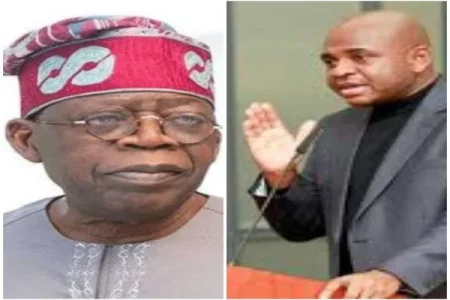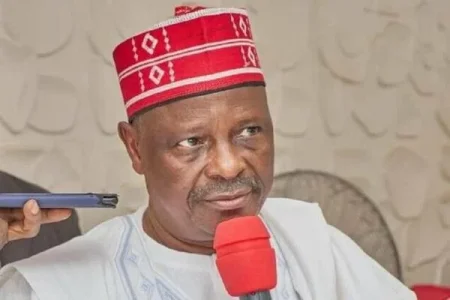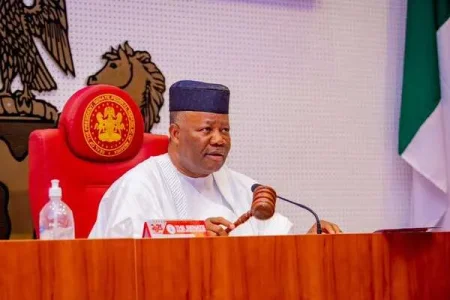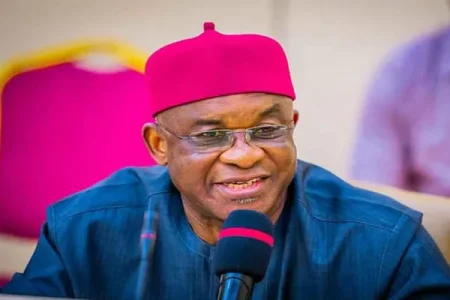
In a recent verbal clash, the former Deputy Governor of the Central Bank of Nigeria, Kingsley Moghalu, and the Senior Special Assistant to President Bola Tinubu on Media and Publicity, Temitope Ajayi, exchanged heated words, blaming each other for the current state of Nigeria's economy. This comes as Moghalu, on January 3, 2024, took to Twitter to assert that Nigeria's economic trajectory witnessed a brief respite under former President Olusegun Obasanjo, followed by improvements during the PDP-led administrations of Umaru Yar’Adua and Goodluck Jonathan.
Moghalu, who was deputy governor of the Central Bank of Nigeria from 2009 to 2014 under the PDP-led administration, argued that since 2015, Nigeria has experienced "completely incompetent economic management." He pointed to the alarming statistic that 80% of Nigeria's exports in 2023 were still reliant on oil, signaling a lack of serious efforts to diversify and revive the economy.
Expressing skepticism towards the current administration's palliative initiatives, Moghalu emphasized the need to establish a solid foundation for long-term economic transformation, stating that true wealth is positively created, not merely distributed.
In a swift response, Temitope Ajayi, the presidential spokesperson, challenged Moghalu's assertions, finding it amusing that he portrayed the period under which he served as the "golden era of competence" in managing Nigeria's economy. Ajayi acknowledged the economic reforms initiated during the Obasanjo administration but argued that there was a lack of progress in infrastructural development.
Ajayi criticized Moghalu for attributing economic improvement to a period marked by "trillions of unpaid salary and pension arrears" and alleged financial mismanagement. He accused Moghalu of turning a blind eye to the challenges faced during his tenure as Deputy Governor, including the unaccounted $20 billion in oil revenue and the decline in GDP from a 7% growth rate to 2% under the Jonathan administration.
As the blame game intensifies, both sides present conflicting narratives, with Moghalu advocating for a change in economic strategy and Ajayi defending the current administration's actions. The public is left to navigate through these claims, with the stakes high for Nigeria's economic future.




